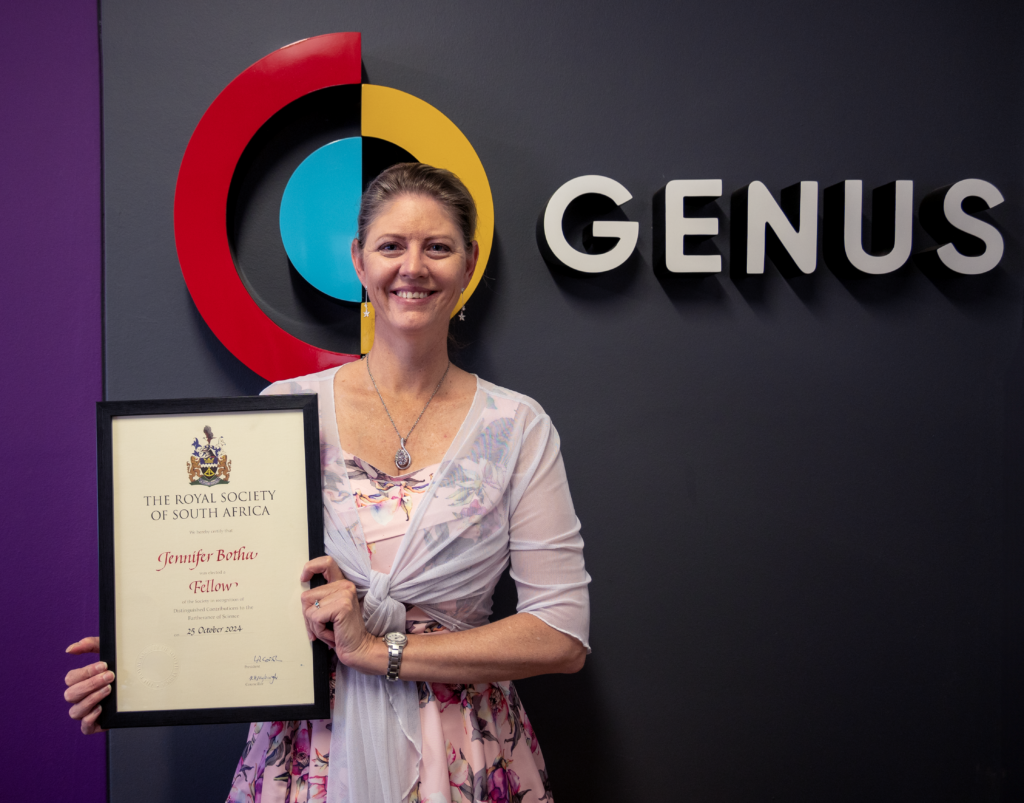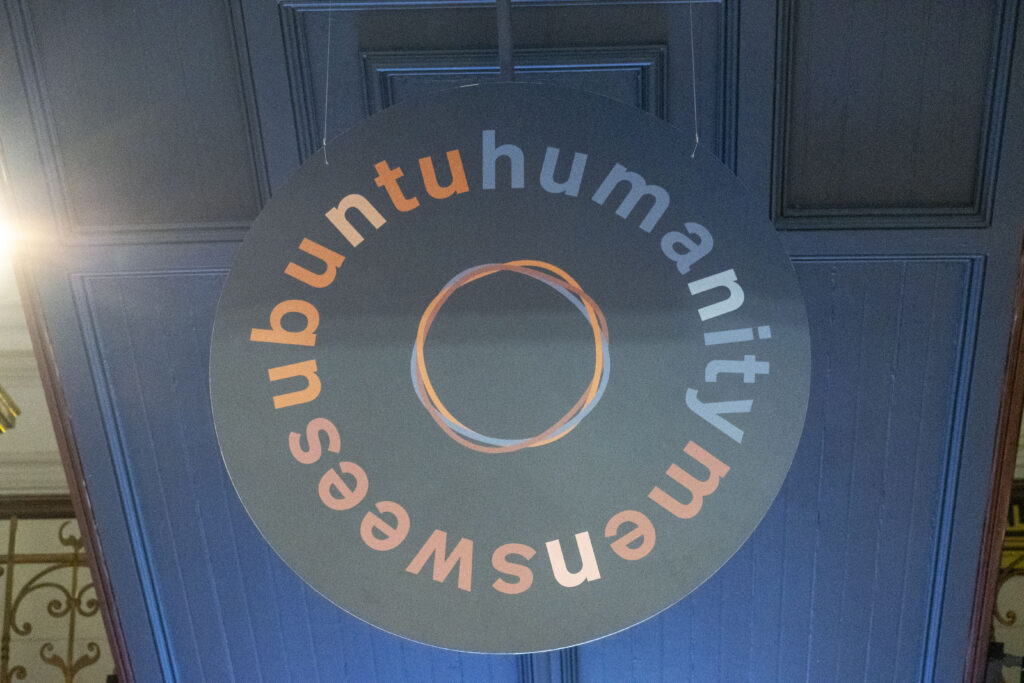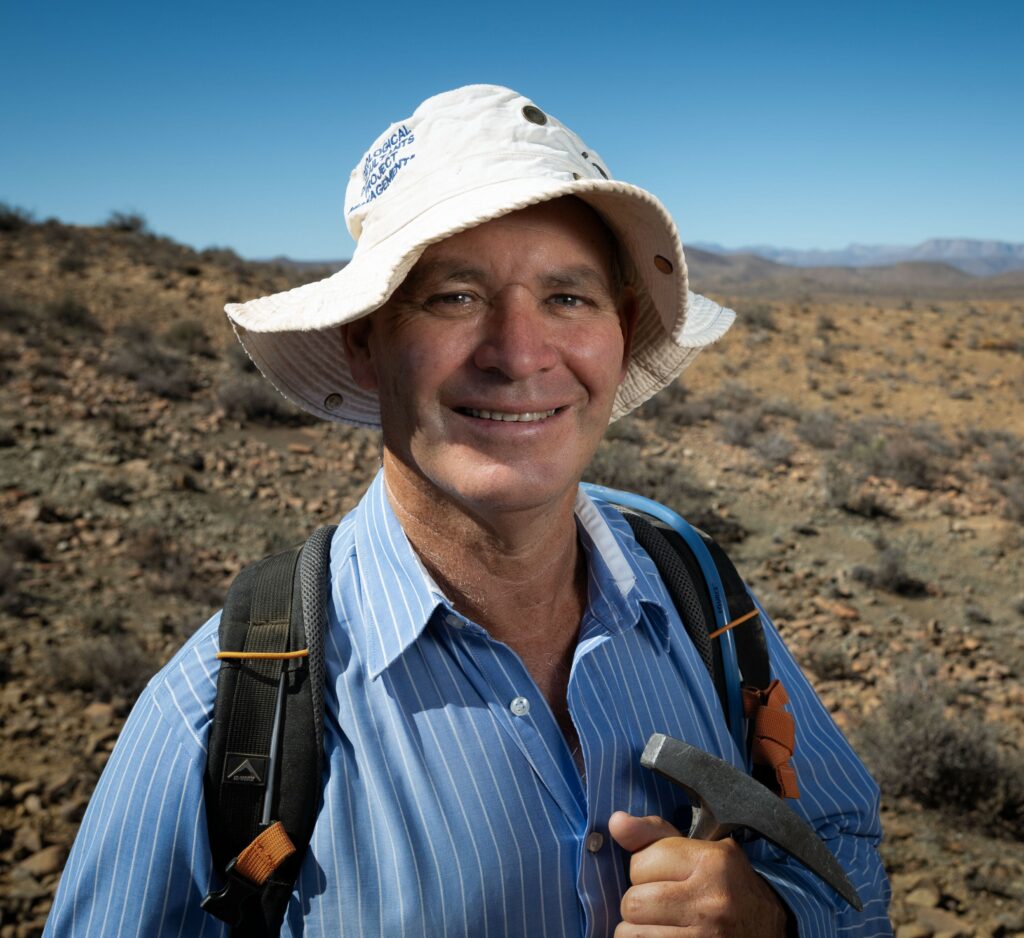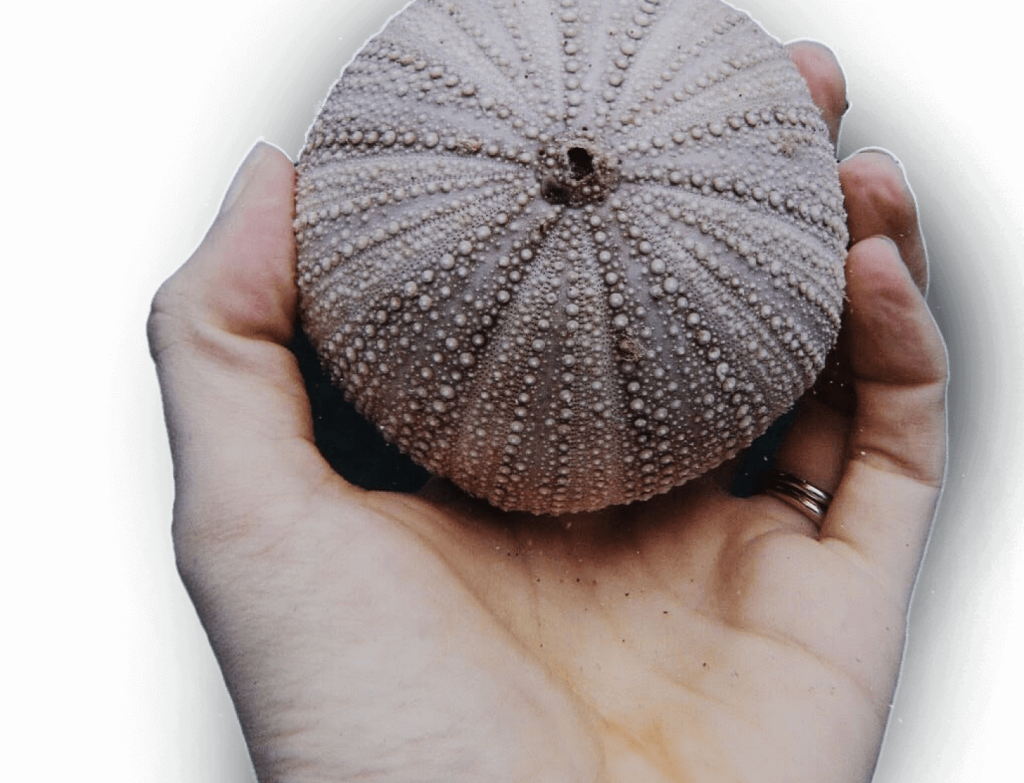Dr Sandiso Mnguni awarded the Deutscher Akademischer Austauschdienst (DAAD) German Academic Exchange Scholarship
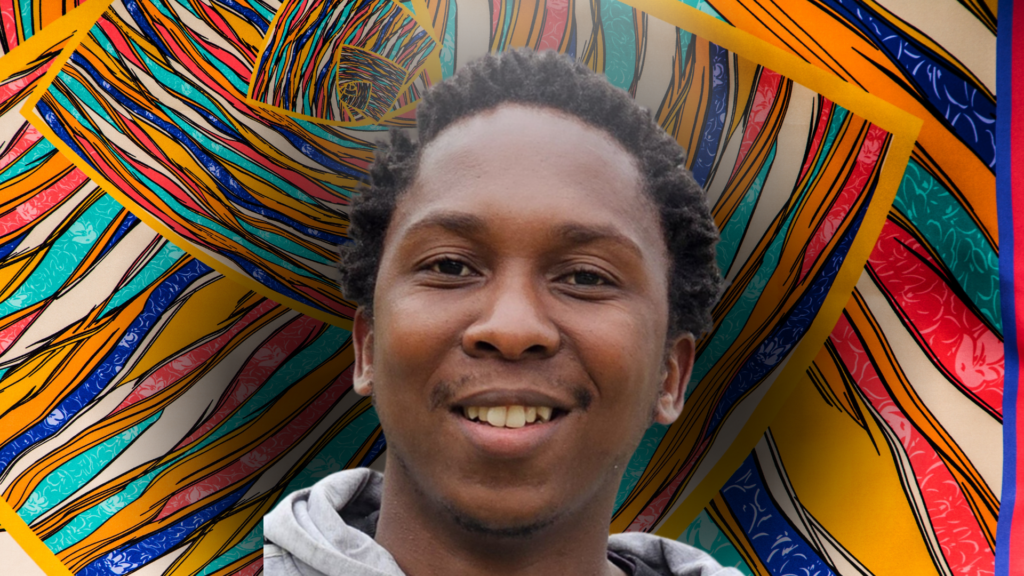
Dr Sandiso Mnguni, a GENUS Postdoctoral Research Fellow based at Evolutionary Studies Institute, University of the Witwatersrand, has been awarded the prestigious Deutscher Akademischer Austauschdienst (DAAD) German Academic Exchange Scholarship
Established in 1925, DAAD is the largest German funding organisation, fostering international collaborations through competitive, merit-based grants for study and research in Germany.
“Since 2015, I considered applying for both the Fulbright and DAAD Scholarships,” Dr Mnguni shares. “They are highly competitive, so I had to perfect my CV first.” After obtaining his PhD in 2022, he felt ready to apply in 2023, proposing a short research stay in 2024. “I missed the Fulbright deadline, so I put everything into my DAAD application, detailing my academic and leadership awards, research outputs, and teaching experiences since 2019,” he continues.
DAAD scholarships are awarded to students, postdoctoral scholars, and faculty members across all academic disciplines. “I applied for a 3-month research stay. Given recent rejections, I was surprised and thrilled when the DAAD selection committee gave me a positive outcome,” Dr Mnguni states.
Dr Mnguni credits his success to publishing 10 research articles since 2019. “Publishing is challenging, but I love a challenge. I started publishing during my PhD and continued teaching and supervising students. The pandemic period was particularly productive, and now I’m reaping the benefits,” he boasts.
Dr Mnguni will be hosted by Dr Dagmara Żyła, Curator and Head of Coleoptera at the Leibniz-Institut zur Analyse des Biodiversitätswandels (LIB), Universität Hamburg. “She was one of my PhD examiners and knows my work well. It was a fortunate coincidence that she’s based in Germany,” he adds.
Dr Mnguni’s PhD focused on the taxonomy and systematics of fossil rove beetles from the Orapa Diamond Mine in Botswana. Now, he is expanding his research to other insect groups, such as plantlice, psyllids, aphids, thrips, and stink bugs. The DAAD scholarship will help him acquire phylogenetic skills using morphological characters to better understand insect evolution. “I’m also eager to learn DNA sequencing (genomics) to combine morphology and genes for more accurate divergence estimates,” he remarks.
Dr Mnguni hopes his story inspires other scholars to apply for competitive grants. “Sharing my host with other DAAD scholars from Colombia and Türkiye, it seems 2023 was a great year to apply,” he proclaims.
Phylogenetic skills are crucial in paleontology, as taxonomic and systematic descriptions should be placed within a phylogenetic context. “I hope to maximize my stay by learning new techniques and encouraging others to pursue their academic dreams,” Dr Mnguni concludes.
